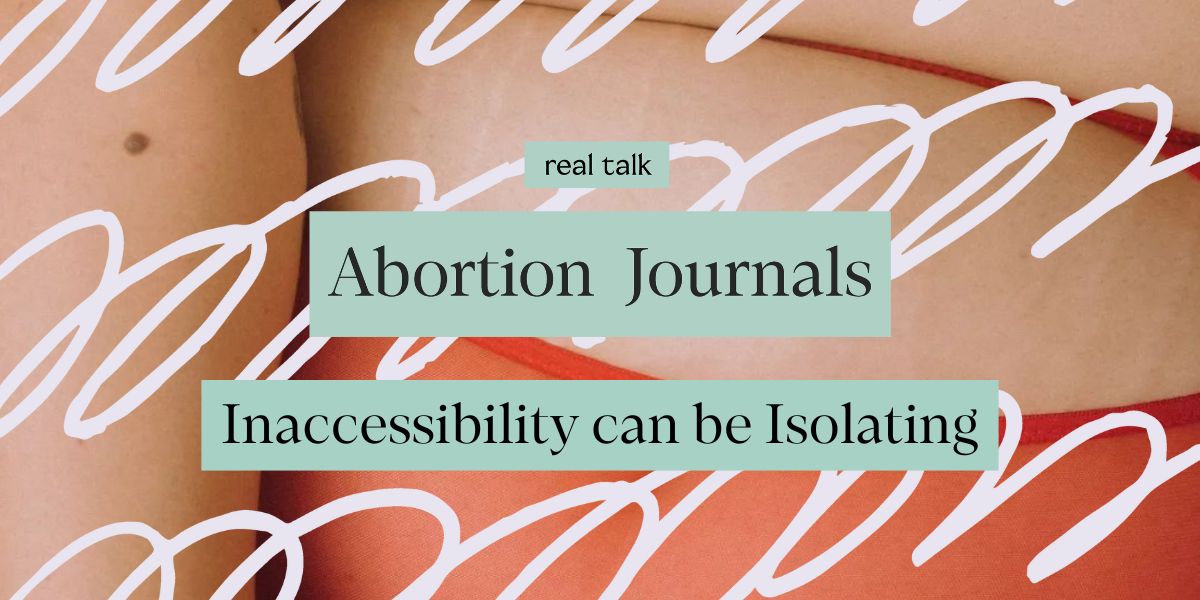How stress affects your menstrual cycle

There’s nothing fun about stress. People experience stress in a multitude of ways and for different reasons throughout their lives. And believe it or not, chronic stress — aka stress that persists over a long period of time — can have negative consequences on your health, including your menstrual cycle. Keep reading to learn how stress affects your menstrual cycle and learn some of our favorite tips on reducing stress.
Stress affects everyone
Stress can be defined as any type of change that causes a physical, emotional, or psychological strain as a response to a trigger or change in environment or circumstance.
Maybe you experience stress from juggling too many deadlines and a calendar so jam-packed with meetings that you’re left wondering when you’ll have time to run to the bathroom. Maybe there’s something going on in your life — like a breakup or an illness with yourself or a family member — that’s causing you to lose sleep and subjecting you to a negative thought cycle.
Or maybe there’s an ongoing global pandemic with adaptive mitigation policies, and it’s hard to know whether you should attend your cousin's wedding or just simply ride the subway!
No matter what it may be, you’re not alone if stress impacts your overall wellbeing.
vaginal-wellness-comboStress in your body
Let’s unpack how stress can manifest in your body. When your body feels threatened it goes into a “fight or flight” response. This response is caused by a release of cortisol and corticotropin-releasing hormone (CRH) from your adrenal glands, making your heart race and giving your body a boost of adrenaline which gives you energy.
Your fight or flight heightens your reactions and can actually be useful for problem-solving and escaping dangerous situations. But if you are exposed to chronic stress, your body remains in a heightened state all of the time without coming back to a baseline.
Chronic stress causes increased exposure to cortisol and other stress hormones that are detrimental to almost all of your body’s processes, including your memory, concentration, and appetite. What’s more, chronic stress can even increase your risk for autoimmune and cardiovascular diseases.
Given this, it’s not surprising that chronic stress also impacts your menstrual cycle, including regularity and your symptoms.
Stress and menstrual cycles
Stress hormones like cortisol and CRH can impact the hormones that are responsible for regulating your menstrual cycle. Basically, if your body notices the presence of cortisol and CRH, it takes note of your stress and sets off a cascade of hormonal changes that will change a few aspects of your period and can even impact ovulation.
High levels of cortisol cause a decrease in Gonadotropin-releasing hormone (GnRH), and this, in turn, reduces levels of FSH and LH which are hormones that help your ovaries release an egg each month. When FHS and LH are decreased, this leads to disruption of estrogen and progesterone production, and ultimately your period.
If this cycle continues to happen on a regular basis, you may see significant changes in the timing, length, and severity of your menstrual cycles. The stress hormones suppress the levels of estrogen and progesterone, which can cause either abnormal ovulation or no ovulation at all.
Additionally, lower levels of progesterone caused by cortisol can cause spotting or make your period show up earlier or later than usual. For some women, stress can also increase the heaviness of their menstrual bleeding. If you're experiencing irregular periods and wondering when to talk to your doctor about them, Stix is here to help.
Beyond your menstrual cycle, stress can impact other parts of your reproductive health, too. Researchers have found a link between cortisol and miscarriage or preterm labor.
yeast-infection-test-treat-combo
How to reduce stress
A lot of stress is caused by external factors. Making sure you’re aware of how your surroundings impact you and educating yourself on the social, political, and environmental structures that could cause you stress can help you better mitigate your stress.
Yet, while stress may be caused by things out of our control, it’s beneficial to prioritize taking care of ourselves and reducing our stress when we can. To start cutting down on your stress, you have to start identifying what helps you unwind and relax.
Here are some other things you can try to reduce your stress:
- Get a good night’s sleep: This means going to bed at the same time every night and staying asleep for the same amount of time, too. If you aren’t able to control your sleep schedule, optimize your sleep by limiting caffeine intake 6 hours before you go to bed, developing a bedtime routine, and lessening your exposure to bright light about an hour before you head to bed.
- The right type and amount of exercise: Exercise can relieve stress, especially if you have a consistent routine. But some types of high-intensity exercise can increase cortisol in the short term, but it decreases a few hours later. This type of exercise is fine as long as you stick to a regular schedule.
- Laugh: Have fun because it’s what the doctor ordered! Both forced and authentic laughter can lower stress levels as laughing helps to release endorphins and suppress cortisol. Watch a funny movie or get silly with your friends.
- Find a hobby you enjoy: In a study on stress, people who regularly engaged in hobbies they enjoyed reported lower cortisol levels than those who didn’t.
- Breathe: Taking deep, calming breaths can help reduce stress, and it doesn’t require any special equipment. Many studies have found that breathing and mindfulness-based practices can decrease cortisol.
- Take care of a pet: Relationships with animals can also reduce stress.
- Eat a healthy diet: There is a strong body of research to suggest an important relationship between someone's mental health and their gut microbiome. Eating foods for a healthy gut can help lower stress.
While stress has become part of modern-day living, creating a proper routine and building skills to mitigate stress, you can control how stress affects your health and life.
Keep Reading

In My Words: Woman is not synonymous with homemaker
May 17

Making the case for celibacy
May 16

What it's really like to freeze your eggs: a firsthand account
May 8










